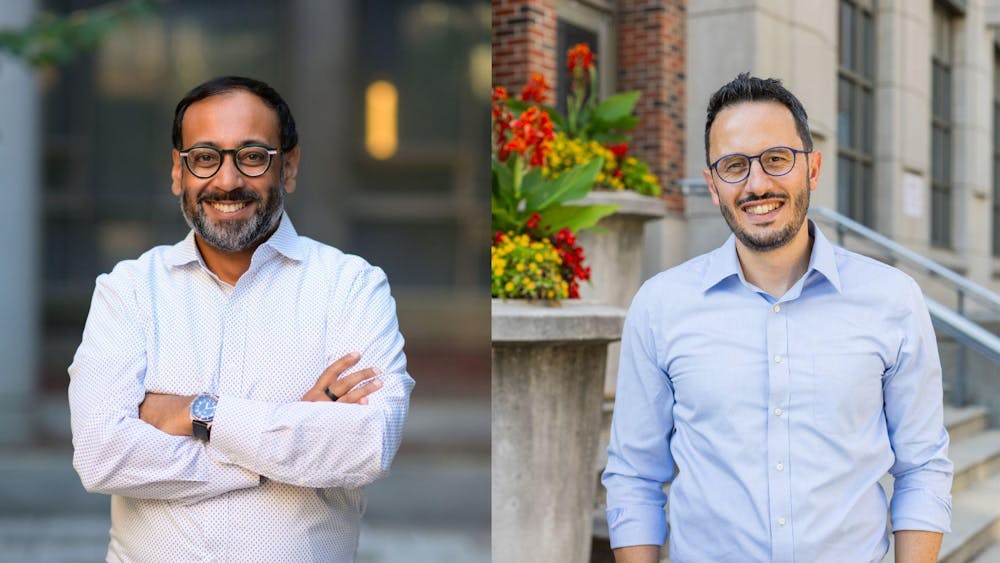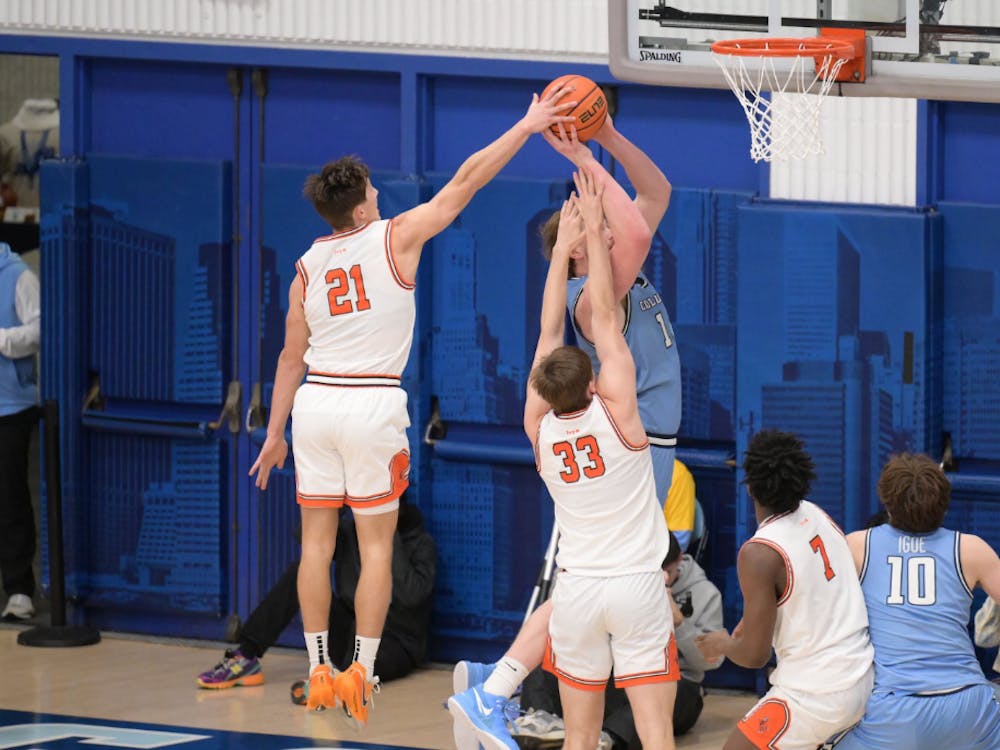Two Princeton alumni, Nabarun Dasgupta ’00 and Sébastien Philippe GS ’18, have been named 2025 MacArthur Fellows. Dasgupta’s fellowship has been awarded in the Health Policy and Public Health and Biomedical/Health Sciences areas of focus, while Philippe’s fellowship has been awarded in the Peace and International Security and Communications and Journalism areas of focus.
The MacArthur Fellowship, also known as the “genius grant,” recognizes exceptional creativity and originality. This year, Dasgupta and Philippe join 20 other recipients nationwide who are each awarded $800,000 over five years to pursue their goals. Ranging from public health innovations to nuclear security advocacy, the fellowships reflect Dasgupta and Philippe’s dedication to social issues.
At Princeton, Dasgupta majored in molecular biology and was a photographer for The Daily Princetonian. In an interview with the ‘Prince,’ Dasgupta described how he had a hard time managing the Princeton workload. He even left the University for a semester after failing some courses. Yet, he credited these experiences for shaping his determination.
“Just because you fail at something doesn’t mean you are bad at it,” he said.
Princeton’s liberal arts environment, Dasgupta noted, helped him develop a multidisciplinary mindset essential for tackling real world problems. “My Princeton education helped me not be intimidated by molecular biology,” he said.
Dasgupta, who took many philosophy classes during his time as an undergraduate, also emphasized the importance of integrating the humanities as a moral foundation for his scientific pursuits.
Today, Dasgupta is a senior scientist at the University of North Carolina at Chapel Hill. His “Street Drug Analysis Lab,” which has tested over 15,000 samples of street drugs to date, analyzes the ingredients of street drugs, ranging from fentanyl to bath salts. His work aims to save lives by implementing harm reduction strategies. His lab’s motto is “science in service.”
Dasgupta said that this fellowship validated his harm reduction efforts, as opposed to what he called “repressive” national policy.

“We are at an inflection point in drug policy,” he explained, noting a recent decline in fentanyl overdoses for the first time in generations. Dasgupta attributes this momentum to Gen Z’s changing drug preferences, and hopes that his work will help to equip younger generations with the tools to stay healthy amid rapidly evolving drug markets.
At Princeton, Dasgupta was a photographer for the ‘Prince,’ capturing moments such as President Bill Clinton’s visit to New Jersey to support Jim McGreevey’s gubernatorial campaign.
Meanwhile, Philippe’s affiliation with Princeton began when he was a graduate student in Mechanical and Aerospace Engineering and later, as a research scholar in the Program on Science and Global Security (SGS). “At the time, Princeton had the only U.S. program that had scientists, physicists, and engineers working on nuclear arm control and it was extremely well regarded,” he said.
Mentored by esteemed scholars like then-Professor of Public and International Affairs Frank von Hippel and co-director of SGS Zia Mian, Philippe developed an understanding of how science intersects with public policy, and used his research to expose the environmental and humanitarian toll of nuclear tests. His work revealed the overlooked consequences of nuclear weapons, ranging from health impacts to environmental contamination.

Currently, Philippe is an assistant professor at the University of Wisconsin-Madison. His work continues to bridge science and policy. Recently, he joined a UN scientific panel on nuclear war effects, helping to develop innovative techniques to monitor nuclear activities worldwide and influence international negotiations.
“This fellowship has no strings attached. It is just encouragement to keep doing what I care about,” he said.
“It has been recognized more and more that there are key policy issues that require interdisciplinary approaches. No one discipline can actually solve those problems by themselves,” said Philippe.
Daphne Lewis is a News and Research contributor for the ‘Prince.’ She is from Washington, D.C. and can be reached at dl1424[at]princeton.edu
Please send any corrections to corrections[at]dailyprincetonian.com.








